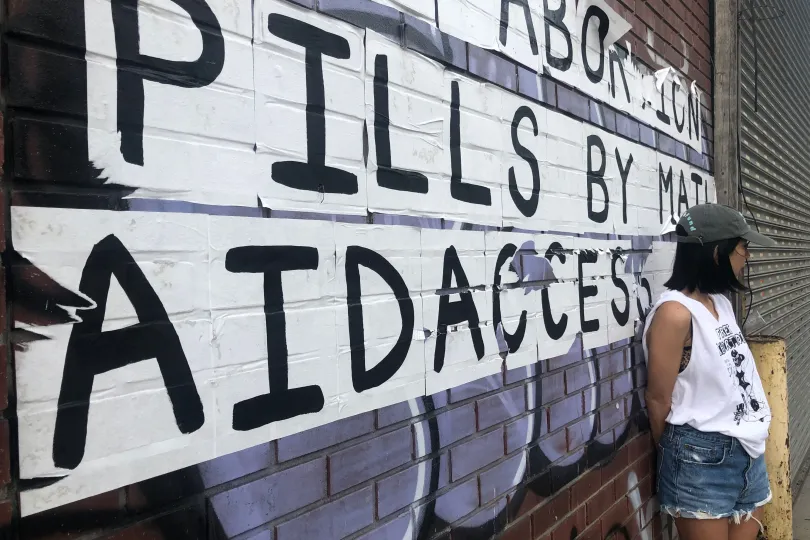NYC doctors, doulas, activists prep for a massive influx of abortion seekers

 This article was originally published on by THE CITY.
This article was originally published on by THE CITY.
For activists, advocates and providers working on the ground in New York, the day the Supreme Court overturned Roe v. Wade was one they’d expected, even before Politico published a leaked draft of the opinion in May.
People like Niharika Rao, an organizer with NYC for Abortion Rights, have long understood the obstacles pregnant people — both in and out of state — face in affording and securing a safe abortion.

Brooklyn Boro
View MoreNew York City’s most populous borough, Brooklyn, is home to nearly 2.6 million residents. If Brooklyn were an independent city it would be the fourth largest city in the United States. While Brooklyn has become the epitome of ‘cool and hip’ in recent years, for those that were born here, raised families here and improved communities over the years, Brooklyn has never been ‘uncool’.